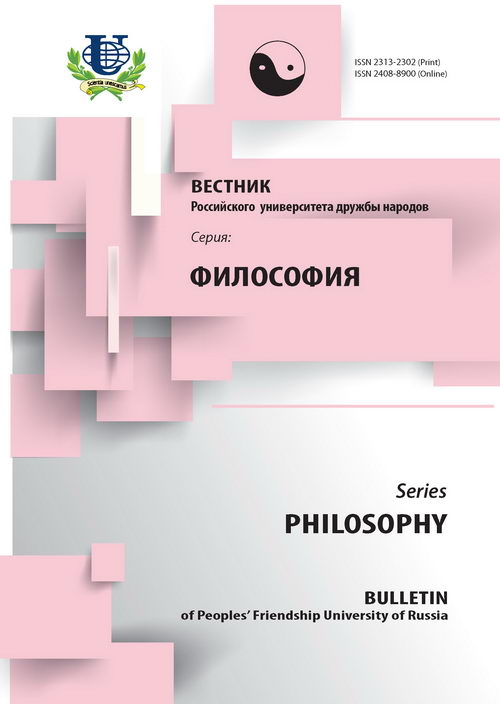Aesthetic Cognitivism And The Problem Of Artistic Truth
- Authors: Panaiotidi EG1
-
Affiliations:
- North-Ossetian State Pedagogical Institute
- Issue: No 2 (2009)
- Pages: 28-35
- Section: Articles
- URL: https://journals.rudn.ru/philosophy/article/view/11300
- ID: 11300
Cite item
Full Text
Abstract
The core assumptions of the cognitivist view about artistic truth are the claims that (1) art is capable of the unique kinds of knowledge and truth and (2) that this capacity determines its supreme value. However the advocates of different versions of aesthetic cognitivism fail to justify these claims. In this paper it is suggested that to arrive at a viable conception of the artistic truth the strong theses of the uniqueness of artistic knowledge and truth and the centrality of cognitive dimension in the definition of artistic value should be abandoned.
Keywords
About the authors
E G Panaiotidi
North-Ossetian State Pedagogical InstituteNorth-Ossetian State Pedagogical Institute
References
Supplementary files















